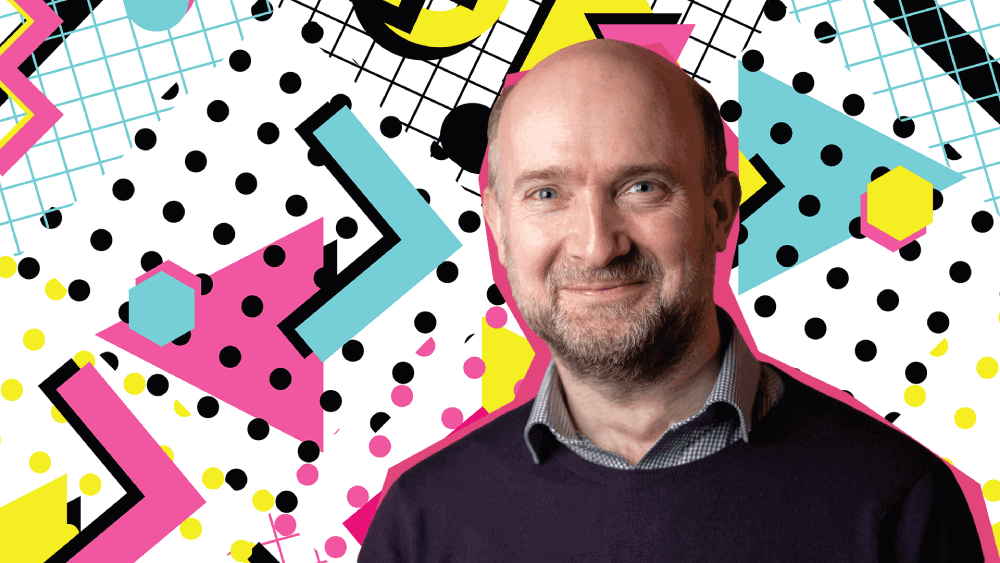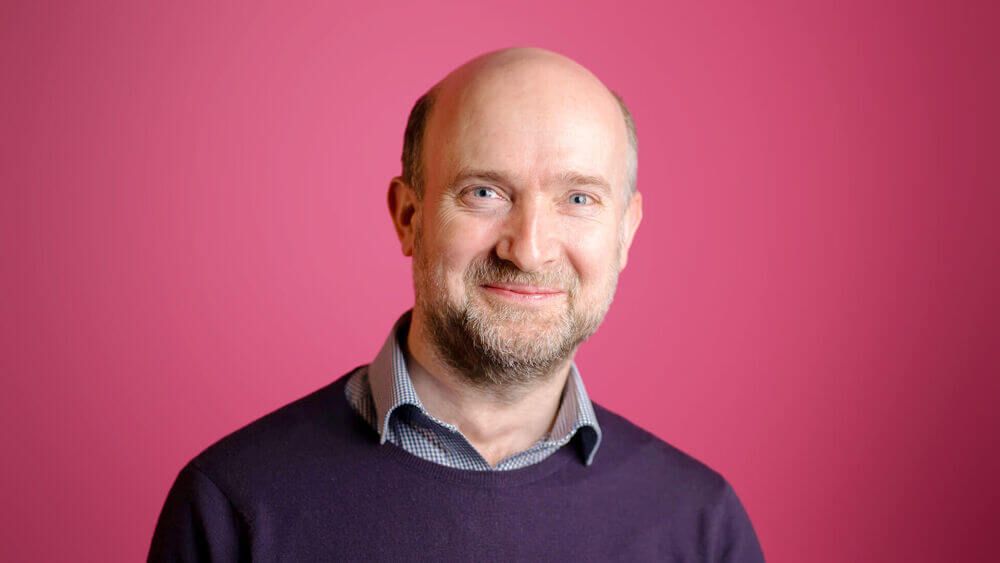Ed space: Lessons from the past
Inside Atom

At work I often fall foul of drawing examples from the 1980s. Going so far back in time is a mistake on so many levels – not least because even with mullets seemingly ‘back’ (words fail me, but then so has my hair) many of the team weren’t born then. But even if I learn to leave references to RentAGhost behind, a glance backwards sometimes helps to better understand today, and maybe also refine our choices for the future.
So hop in the DeLorean and let’s head back in time. The ‘80s were a decade of consumerism, of a switch in our spending habits and access to and use of credit. We witnessed the growth of a services economy and a reduction in our manufacturing output. It was also a time of division, where gaps widened between regions and within communities.
It would be foolish to let ourselves believe that nothing today is the result of choices we made in the past. But the value of looking backwards is that we can move forward with perhaps a bit more insight. And right now, at a time where we’re looking to recover our sense of identity and rediscover some kind of normality, how we spend and what we save for will determine a lot about the businesses that prosper on our high streets and where recovery comes soon - and unfortunately where it lags or doesn’t come at all.
Some have suggested that we’re about to see a boom in spending and freedom akin to the roaring ‘20s. To my mind the world has turned too much since then - despite the many attractions of the era, we’re a better and more inclusive society than what most people experienced in the Edwardian era. But maybe the consumer boom of the 80s, which came after a period of intense change and turmoil, might give us some tips on how to make good choices when the opportunity to get out again arises. After a pandemic that led to a loss of income for so many and created a break with our expectations from life, how do we balance the urge to spend now with achieving something really special?
To understand more about this we teamed up with Durham University to take a closer look at our spending choices and the psychology behind them. Knowing how isolated we have all been and how we’ve often fallen into smaller and smaller circles of activity, we asked them to explore the psychology of saving for a purpose and especially where the purpose is shared with others.
The research unearthed quite a few surprises, but one thing was clear – if we learn to save and spend better when the lockdown spring is unleashed, perhaps we can do it better - and yes, bigger - than they did in the 80s.
Read more about our spending and saving choices
